- Learning time
- 10 minutes
- First play time
- 30 minutes
Raft and Scupper
Designed by: David Vander Laan
Raft and Scupper is a rather beautifully presented game of pirate battle for two: several wooden tiles and pieces that come in a small treasure chest. Fortunately, the game is a little treasure as well!
The play area is set up by laying out all the tiles as directed by the rulebook. Your pirates (two each) have assigned starting spaces, and as with draughts or chess, one player plays black and the other white, with the white player going first. Before explaining how the game plays though, it’s worth noting that as well as the black and white tiles each making a set (or flotilla, to use the game’s parlance) the tiles are also comprised of overlapping ship types: square bordered and circular-bordered, that feature in both black and white tiles. As the white player, your goal is to navigate all tiles of a type into a single, orthogonally-adjacent set: either the white tiles or the circular-bordered tiles. As the black player, you can do likewise with either all the black tiles or the square-bordered tiles.
So the game offers you choices of direction, and strategies may change as the play area does! On your turn you take one of four options. You can move one of your pirates – as far as they like along any flotilla they currently occupy: matching colour or matching border. You can sail a pirate – moving a tile one of your pirates occupies into a new position, with the caveats that they cannot sail ‘outside’ the play area (ie not around the outside of the outermost tiles) or move a tile in a way that leaves any tile or tiles unlinked to the rest of the tiles. You can scupper a boat your pirate is adjacent to, removing it from the play area entirely, or you can pass.
Although sailing tiles around to reposition them is obviously helpful, scuppering is also key to success: not only does it reduce the play area and make your task more easily achievable (particularly if you scupper your own ships!) in terms of geography, it can be used to break apart connected enemy flotillas as well. And scuppering can also be a route to victory: whenever someone scuppers, they keep the sunken ship in front of them until their opponent scuppers in return, at which point any scuppered ships in front of you get discarded. But! If you scupper a fourth ship without your opponent doing a single scuppering, that’s an instant victory! Otherwise play continues until one player has managed to ‘raft together’ all their desired tiles of a type for the win.
The guru's verdict
-
Take That!
Take That!
The game feels like a puzzle, but is actually a battle of overlapping puzzles and wants and needs that conflict. There's no clashing of steel, but you need a reasonably piratey skin
-
Fidget Factor!
Fidget Factor!
Moderate - although the rules are straightforward and options are limited...
-
Brain Burn!
Brain Burn!
...which option you choose, and how you implement it, is absolutely critical. As well as the juggle of dual objectives, there's the addition of stopping your opponent, who *also* has twin objectives!
-
Again Again!
Again Again!
It's always a battle, and never that easy. But as well as the standard set-up offered by the rulebook there's also a variable set-up, and the fact that each player decision ripples down through every single turn subsequently...


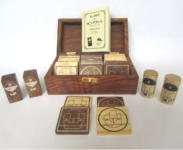

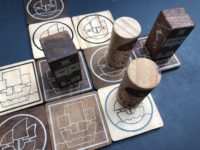
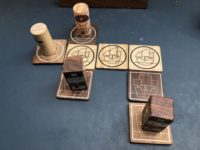


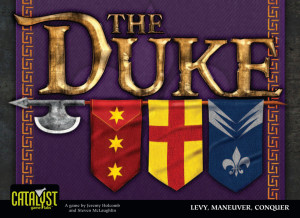
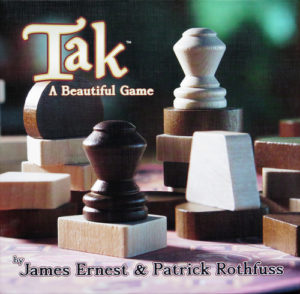
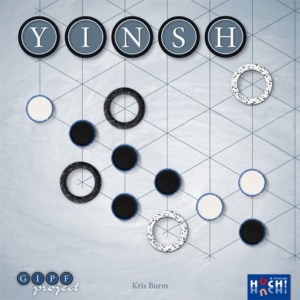

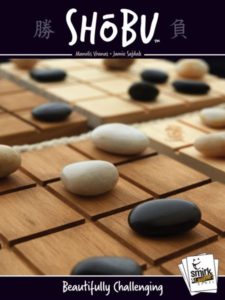
Sam says
It would be a tragedy if Raft and Scupper, with its lovingly-crafted pieces, was a bit of a dud to play. But it's excellent. Some abstract games feel like the idea of play doesn't really rise out of the mechanics: for me, Draughts is just too procedural, and as much as I like Chess I'm not sure it screams fun. Although it shares some lineage with those classic games, Raft and Scupper falls beautifully between them in terms of cognitive load - easier than chess - and fun - far more dynamic and swingy than draughts. True, it's not the fun of laughter and backslaps, but that's not what the game is aiming for - it's a puzzle of shifting sands, a jigsaw where the pieces constantly move, a game of traps set and sprung. For me the best abstract games throw up surprises: the likes of Tak and Shobu do this well, and this game contains the potential for a similar amount of hand-grenades that turn the narrative on its head. Excellent stuff.